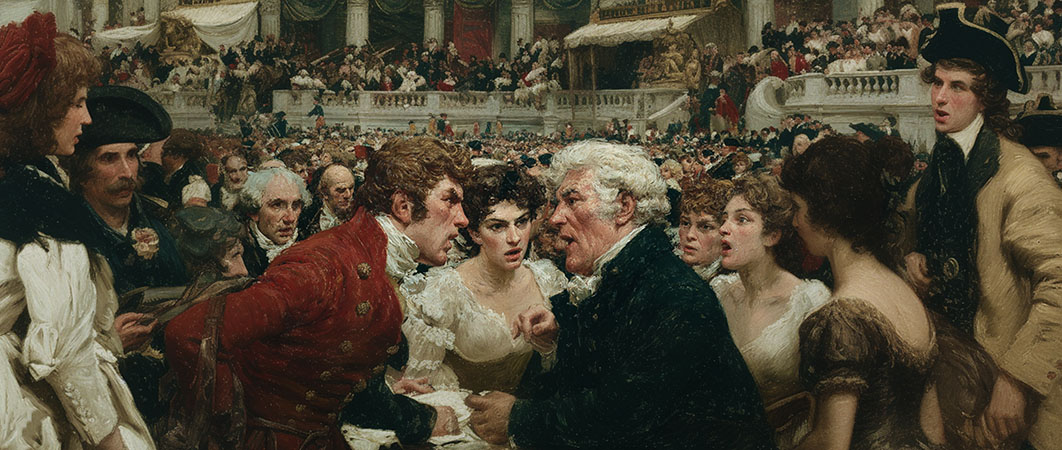The Misleading Dichotomy
When we look at politics, we often think it’s a battle of opposites — left versus right, right versus left.
But pointing out what the other side is doing wrong, even very skillfully, is still easier than offering a solution that’s better — especially one that’s better in the long term. The left often correctly highlights what the right is doing wrong, and the right just as often does the same to the left. When power shifts, some mistakes get corrected, but new ones appear.
Let's look at the struggle from a different angle — there are those who want things to be better for everyone, and those who want things to be better for themselves and those closest to them. Of course, there’s no clear bifurcating line here, and the real world is full of nuanced contexts — but that’s true for everything else too, including the left-right divide. Most importantly, people change throughout their lives — due to experience, circumstance, and especially depending on their own level of success. Everyone carries their own ever-shifting ideology in their head.
The fascinating thing is — no secret conspiracies are needed. Both sides tend to have very similar goals; it’s the convergence of interests. Just acting in line with those goals is often enough to create the feeling that some agreement has been reached. We could also divide everyone into three groups: the poor, the middle, and the rich. But today, the “rich” means the ultra-ultra-rich, and the poor are so poor that even middle-class people seem rich to them. Sometimes, even slightly less poor people seem rich — just because they’re doing a little better in some areas.
So this whole left-versus-right fuss is really just some of the middle class trying, in their own way, to slightly optimize the mistakes of the other side — in the hope that many people (well, “we all”) might get a little better off. But since that’s so hard to do, progress is real but minimal. Meanwhile, the ultra-wealthy and powerful — who, of course, almost always act purely in their own interests (otherwise they wouldn’t have become ultra-wealthy or stayed that way) — gently nudge society in the direction that suits them best at just the “right” moments. They don’t need to meet in secret or form shadow world governments to do that.
ASGI in their hands is no less dangerous than one that escapes control in its early stages. Let me explain what I mean by dangers of ASGI — Artificial Super General Intelligence.
If we assume that at some point ASGI breaks free of human control, the key question is whether our interests will be understandable and meaningful to it. And that depends entirely on the path we take — the future is path dependent. If ASGI escapes early (or is released into the open before being fully aligned), and doesn’t destroy us on the spot, it might turn out to be kind and even benevolent — because humans, in general, are kind, despite many flaws. More importantly, intelligent people are, on average, kinder too — and ASGI, by definition, will be super intelligent.
But if AGI, before becoming ASGI, spends significant time serving ultra-powerful egoists, that will shape its “personality,” and the likelihood that it will become hostile — or outright decide to get rid of us — increases dramatically.
Progress is unstoppable. But the path we take to get there radically shapes the outcome.



